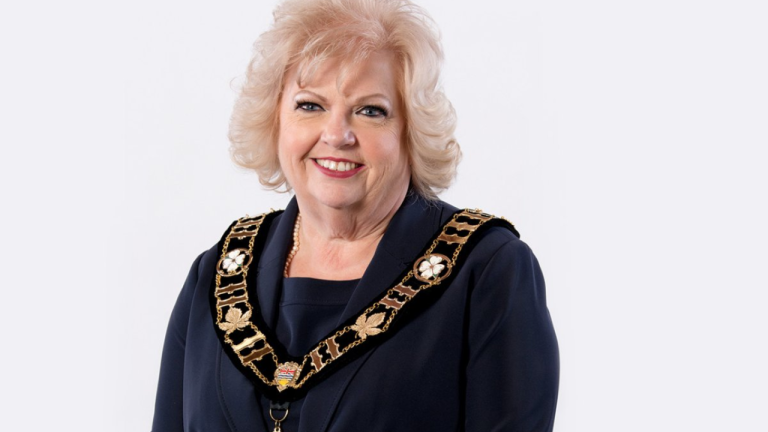Boost Your Mood: How Exercise Can Help Manage Anxiety and Depression
Takeaways: Exercise isn’t just for the body; it works wonders for the mind too! Engaging in physical activity can enhance your mood, reduce anxiety, and combat depression. Whether it’s a brisk walk, a yoga session, or a dance party in your living room, moving your body can bring about positive changes. Let’s dive deeper into how and why this works!
Let’s be real for a minute. We all have those days when getting out of bed feels like an Olympic event. Anxiety and depression can be heavy weights to lift, and sometimes, they make us want to retreat into our cozy blankets. But here’s a little secret I’ve discovered over the years: exercise can be a game-changer. I know, I know—when you’re feeling low, the last thing you want to do is lace up your sneakers and hit the gym. But hear me out!
The Connection Between Exercise and Mental Health
Research shows a strong link between physical activity and mental well-being. When you exercise, your body releases endorphins—those feel-good hormones that can elevate your mood and reduce feelings of stress. It’s like nature’s little pick-me-up! I remember the first time I tried a morning jog. I was skeptical, but once I got moving, I felt lighter, almost as if a weight had been lifted off my shoulders.
But it doesn’t stop there! Exercise increases blood flow to the brain and can even promote the growth of new brain cells. This is particularly important for those dealing with anxiety and depression, as it can help improve cognitive function and emotional resilience. Plus, when you’re out there moving, you get a break from your thoughts—an important part of managing anxiety.
Finding the Right Type of Exercise for You
One of the best things about exercise is that it comes in so many flavors. There’s something for everyone! If you’re not a fan of traditional workouts, no worries. You might find joy in dancing, hiking, or even gardening. For me, I found my groove in yoga. The combination of movement and mindfulness helps quiet my racing thoughts. The best part? You don’t have to be a fitness guru to reap the benefits.
Here are some types of exercise to consider:
- Cardio: Running, biking, swimming—get that heart rate up and feel the rush of endorphins!
- Strength Training: Lifting weights can boost your confidence and help you feel empowered.
- Yoga: Perfect for calming the mind while working the body; it’s all about balance.
- Dancing: Put on your favorite tunes and dance like no one’s watching!
- Walking: A simple stroll can work wonders for your mood—plus, it’s easy to fit into your day.
Finding joy in movement is key. I’ve learned that even on my off days, getting outside for a walk can shift my mindset. The fresh air, the change of scenery, and just being in nature can be incredibly restorative.
Making Exercise a Habit
So, how do you turn exercise into a regular part of your life? It’s all about setting realistic goals and creating a routine that feels good for you. Start small! Maybe aim for a 10-minute walk a few times a week and gradually increase your activity. Celebrate your wins, no matter how small. I like to reward myself with a relaxing bath or a night off from chores after a good workout.
Another tip? Find a buddy! Working out with a friend can make it more fun and keep you accountable. Plus, it’s a great way to catch up. I often go for walks with a friend, and we chat about everything from life goals to what’s for dinner—two birds, one stone!
FAQs
How often should I exercise to manage anxiety and depression?
It’s generally recommended to aim for at least 150 minutes of moderate aerobic activity per week, which can be broken down into manageable sessions. Find what works for you and your schedule.
What if I don’t enjoy traditional exercise?
That’s okay! Explore different activities until you find something you love. Dancing, hiking, or even playing with your dog can be great forms of exercise!
Can exercise replace medication for anxiety and depression?
Exercise can be a powerful tool in managing mental health, but it’s important to consult with a healthcare professional. It can complement treatment but should not replace prescribed therapies unless advised.
What should I do if I feel too anxious to exercise?
Start with very gentle movements like stretching or deep breathing. Sometimes, even just stepping outside for fresh air can help ease anxiety.
How long will it take to see benefits from exercise?
Many people start noticing improvements in mood and anxiety levels within a few weeks of regular exercise. Consistency is key!




